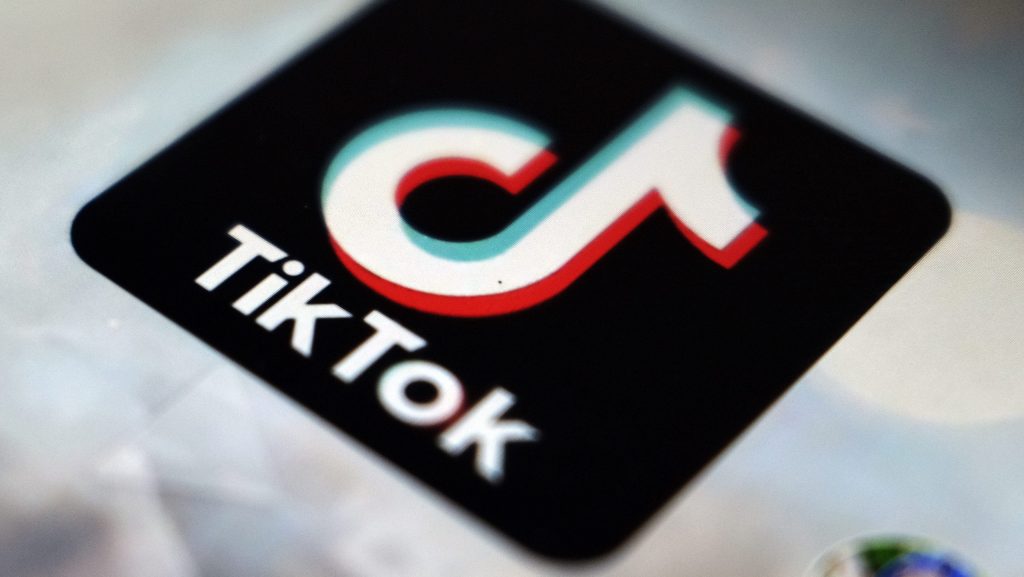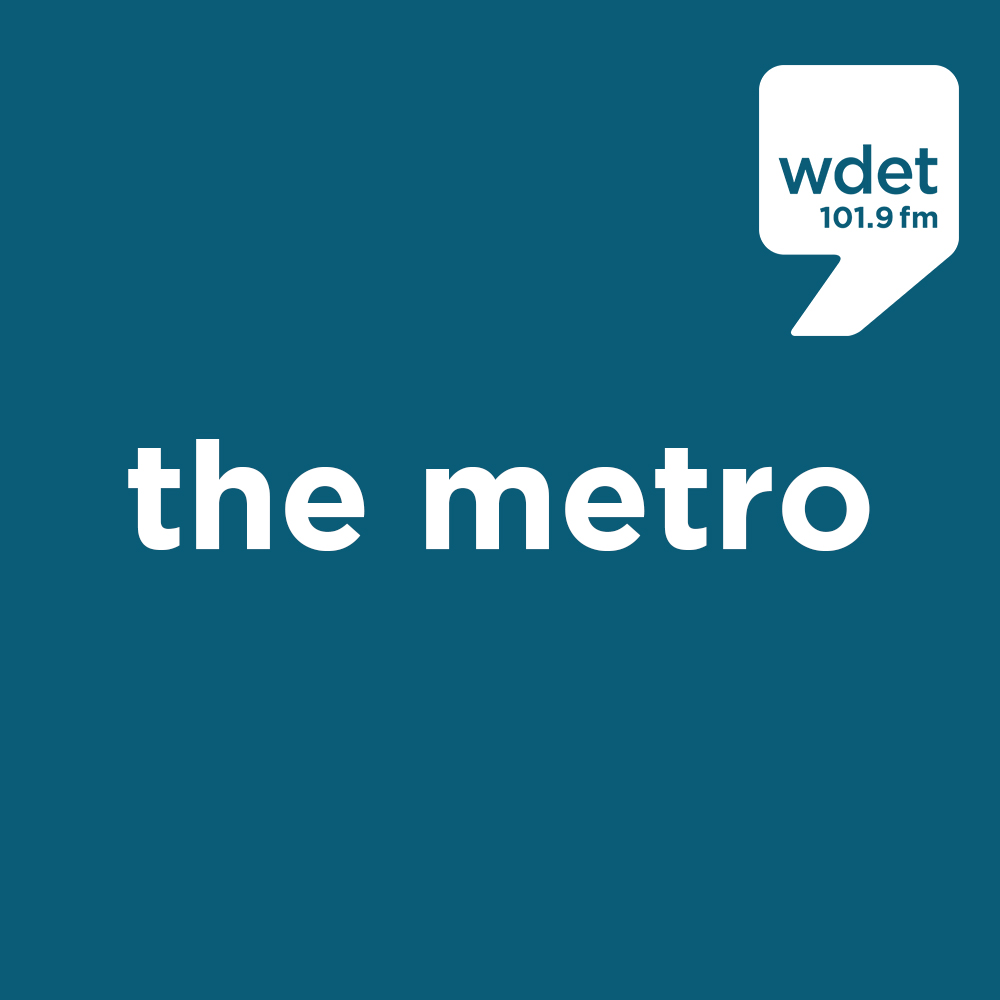The Metro: Potential US TikTok ban weighs national security against free speech
The Metro, David Leins, Trevor McConico, Lauren Myers January 15, 2025University of Cincinnati Professor Richard Harknett and Wayne State University Professor Elizabeth Stoycheff joined “The Metro” on Wednesday to discuss.

FILE - A view of the TikTok app logo, in Tokyo, Japan, Sept. 28, 2020.
The social media platform TikTok could be banned in the U.S. as early as this week if the Supreme Court upholds a law requiring its China-based parent company, ByteDance, to cut ties with the platform by the Jan. 19 deadline set by Congress.
Subscribe to The Metro on Apple Podcasts, Spotify, NPR.org or wherever you get your podcasts.
The law was passed by bipartisan majorities and signed by President Joe Biden in April, citing national security concerns over the risk of user data and other sensitive information falling into the hands of the Chinese government through coercion. Still, the company and many of the app’s users say the law restricts the free speech of its 170 million U.S. users.
The Supreme Court heard oral arguments in a legal challenge to the statute last week.
Today on The Metro, we dig into the free speech and national security concerns surrounding the potential U.S. TikTok ban.
Richard Harknett, director of the School of Public and International Affairs and chair at the Center for Cyber Strategy and Policy at the University of Cincinnati, joined the show to help us better understand the national security threat that China poses to the U.S.
“The main concern is that China has a specific national security law that requires tech companies, both domestic and foreign, to share a lot of stuff with the Chinese Communist Party, you know, the Chinese government,” Harknett said.
Elizabeth Stoycheff, associate professor and head of the journalism program at Wayne State University, also joined the conversation to discuss how a TikTok ban in the U.S. could impact free speech, censorship and democracy.
She says the issue comes down to whether foreign companies have first amendment protections.
“Now, in the U.S., we have large organizations like the ACLU, the American Civil Liberties Union, who are saying that this is a violation of free speech because the threat to our national security is not severe, it’s not imminent,” Stoycheff said. “There is no – it’s very hypothetical. And so they’re saying it’s not enough to justify the suppression of expression on this platform.”
We also asked WDET listeners:
“Should TikTok be banned in the U.S.? Are you worried about China’s cybersecurity abilities?”
Ellen in Madison Heights said: “I’m actually more concerned over Meta CEO Mark Zuckerberg’s questionable intentions behind his active role in lobbying for the removal of TikTok. I will say we can speculate about ByteDance about what they’re doing with our data, but we know for sure that our data is not safe with Meta.”
The Associated Press contributed to this report.
Use the media player above to hear the full conversation, and other stories from “The Metro.”
More stories from The Metro on Jan. 15, 2025:
- Source Booksellers owners Janet Webster and Alyson Jones Turner joined the show to talk about the bookstore’s programming, author discussions and other events where avid readers and new readers can connect.
- The Detroit chapter of PeacePlayers works with young people to help erase the cultural, ethnic and racial lines that often divide us. Now PeacePlayers Detroit is teaming up with the Detroit Pistons to give young people more ways to rethink conflict resolution. Director of PeacePlayers Detroit Jasmine Cooper joined the show to discuss the initiative.
- In southeast Michigan, there are a few places where home construction is growing a little faster. The “exurbs,” Lyon, Milford and Commerce townships, recorded some of the highest number of housing permits last year. President of RE/MAX of Southeastern Michigan Jeanette Schneider joined The Metro to shed light on this new wave of construction.
Listen to The Metro weekdays from 10 a.m. to noon ET on 101.9 FM and streaming on-demand.
Trusted, accurate, up-to-date.
WDET strives to make our journalism accessible to everyone. As a public media institution, we maintain our journalistic integrity through independent support from readers like you. If you value WDET as your source of news, music and conversation, please make a gift today. Donate today »Authors
-

-
 David Leins is the senior producer of WDET’s daily news and culture program, The Metro. He has produced several award-winning podcasts and multimedia series at WDET including Tracked and Traced, Science of Grief and COVID Diaries, which earned a National Edward R. Murrow Award for Excellence in Innovation. He previously led WDET’s StoryMakers program. David has an M.A. in Media Arts and Studies from Wayne State University, and a B.A. in anthropology from Grand Valley State University with a minor in Arabic. David teaches podcasting at Wayne State University and is an alumnus of the Transom Audio Storytelling Workshop.
David Leins is the senior producer of WDET’s daily news and culture program, The Metro. He has produced several award-winning podcasts and multimedia series at WDET including Tracked and Traced, Science of Grief and COVID Diaries, which earned a National Edward R. Murrow Award for Excellence in Innovation. He previously led WDET’s StoryMakers program. David has an M.A. in Media Arts and Studies from Wayne State University, and a B.A. in anthropology from Grand Valley State University with a minor in Arabic. David teaches podcasting at Wayne State University and is an alumnus of the Transom Audio Storytelling Workshop. -
-
